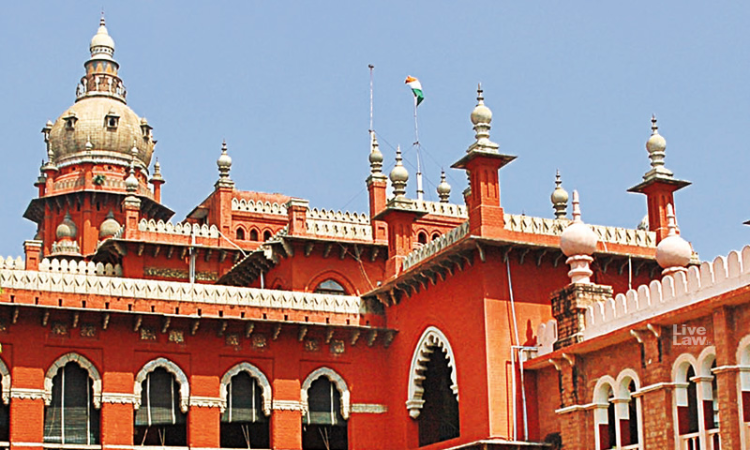Madras High Court To Hear Plea Challenging Validity Of Madras High Court Arbitration Rules, 2020
LIVELAW NEWS NETWORK
2 May 2021 4:45 PM IST

Next Story
2 May 2021 4:45 PM IST
The Madras High Court on Friday admitted a writ petition challenging the Madras High Court Arbitration Rules, 2020 as ultra vires the Arbitration and Conciliation Act, 1996 and the Commercial Courts Act, 2015. A Division Bench comprising of Chief Justice Sanjib Banerjee and Justice Senthilkumar Ramamoorthy has fixed the matter for hearing on July 2, 2021. The petition has been filed...
